IN just over 18 months, convicted murderer Sue Neill-Fraser could be released on parole and her supporters are already anticipating the “media circus” to come.
Legal opinion suggests Neill-Fraser is likely to be granted parole after she becomes eligible to apply next year, despite her refusal to admit to killing her partner Bob Chappell in early 2009.
She was initially jailed for 26 years, with a non-parole period of 18 years, but the sentence was reduced on appeal to 23 years with a non-parole period of 13 years.
Back-dated to her arrest in August 2009, the non-parole period ends in August 2022.
“She clearly deserves to be granted parole, but I know she won’t consider it under any circumstances that would require her to admit any remorse or guilt,” said one of her supporters, Rosie Crumpton-Crook.
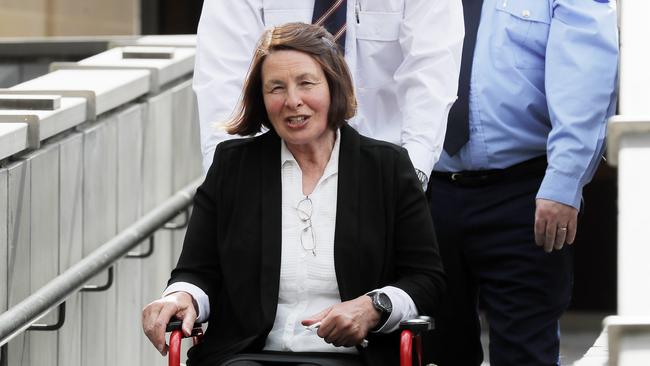
Legal experts, while not commenting on this specific case, said a show of remorse was just one of many factors considered by parole boards when deciding whether to grant a prisoner early release.
Professor of Criminology at Australian National University Lorana Bartels said while other jurisdictions had reformed their parole laws in response to high-profile cases, Tasmania did not have the so-called “no body, no parole” laws that exist in other states.
“An admission of guilt and show of remorse is a relevant consideration for parole boards, but one of many factors,” Professor Bartels said.
MORE SUE NEILL-FRASER STORIES:
Sue Neill-Fraser’s supporters hold vigil after 11 years in prison
COVID-19 likely to again delay Sue Neill-Fraser’s bid to get out of jail
New details revealed of Neill-Fraser’s life inside prison
Neill-Fraser’s second bid for freedom to focus on homeless girl
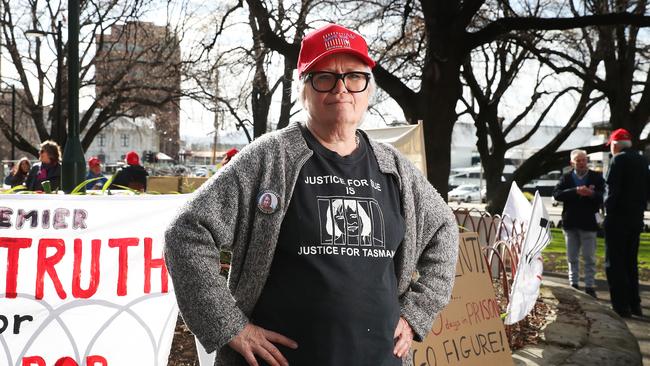
Emeritus Professor Arie Freiberg of Monash University, who chairs Tasmania’s and Victoria’s sentencing advisory councils, said a lack of remorse could, in some cases, point to a risk of reoffending.
“But if a person is in fact a model prisoner, not showing anti-social tendencies, then the lack of remorse or non-admission of guilt may not weigh so heavily,” he said.
Other important considerations included an inmate’s behaviour in prison and factors such as age and ill-health, he said.
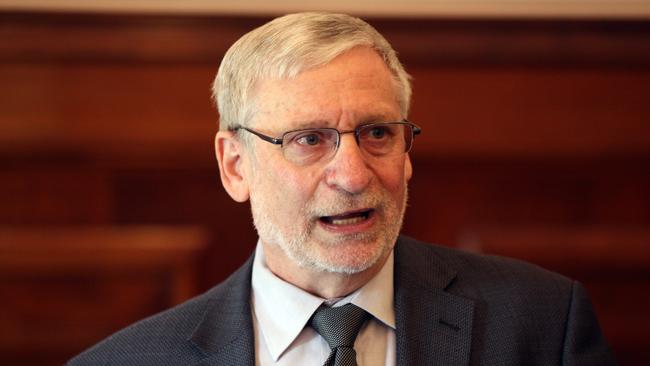
Hobart lawyer Greg Barns, who is chair of the Prisoners Legal Service, said he had acted for a person, in the context of their visa being revoked, who was granted parole after pleading not guilty to murder and being convicted.
“It [parole without an admission of guilt] does happen. I think the key is for parole authorities to hear that, at least, you accept the verdict of the court,” Mr Barns said.
Tasmania’s parole board granted early release to 90 prisoners last financial year, while 134 cases were either refused or deferred.
Nearly 30 per cent of applications were adjourned because the prisoners did not have suitable accommodation and nearly 20 per cent were deferred so extra information, including psychological reports, could be prepared.
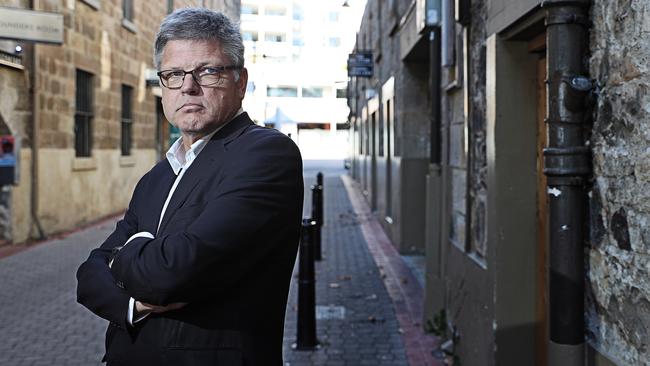
The prescribed considerations for the parole board include the likelihood of reoffending, protection of the public and rehabilitation of the prisoner.
“The main consideration I think these days is protection of the public, however it’s achieved. It may be by locking people up and may be through rehabilitation,” Prof Freiberg said.
Ms Crumpton-Crook said parole would be a relief for Neill-Fraser’s family, but life after prison would be difficult.
“There will be media outlets vying to get her story and without her being exonerated that will be quite difficult as well,” she said.
Neill-Fraser’s long-running appeal case is due to resume in March.
Ex-inmate remains firmly in Sue’s corner
SUE Neill-Fraser’s decade in jail has inspired her to create a rehabilitation centre for female prisoners, a former inmate who spent a year in jail with the convicted killer has revealed.
Monique Lynch was released from Hobart’s Risdon women’s prison 12 months ago and has become a passionate advocate for Neill-Fraser, who is serving a minimum 13-year jail term for murdering her partner Bob Chappell in 2009.
“My time spent at Mary Hutchinson’s was deeply impacted by Sue and to date I am still in regular contact with her and I will continue to fight for her,” Ms Lynch said.
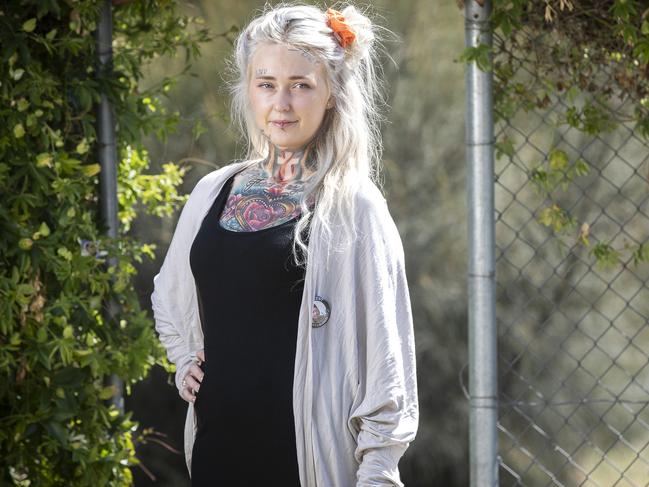
Initially, Ms Lynch observed Neill-Fraser from afar, impressed by the older woman’s “stature”, which she said earned her the respect of both prisoners and staff.
“In time I got to know Sue personally, starting with a ‘Good morning’ and holding the gate open for her while she rolled down on her wheelchair with her washing basket, and always a cheerful ‘Thank you, Moni’ as I did so,” Ms Lynch recalled.
“Then I started working with Sue in the garden, which was a very sought-after job. I remember her being almost excited for me to ask my first question about what to do in the garden. She taught me and the team so much about all the plants and their role in the garden.
“She taught me personally to appreciate everything we had and how to utilise the things that we had available to us in a way that would always leave enough for everyone.”
Like many of Neill-Fraser’s supporters, Ms Lynch was surprised to learn that in Tasmania there was no legal barrier to a convicted murderer gaining parole without first admitting guilt.
She said Neill-Fraser had opened up about her dreams for life post-release.
“I remember a conversation we shared about when she was released and what her plans would be, as I was interested to know how one would decide to reconnect with the community after spending so much time in prison,” Ms Lynch said.
“Sue told me her plan was, and still is, to buy a massive block of land with an old barn or even an old house that could be worked on. She said she would provide a place of work and residence for those women who are trying to rehabilitate from prison back into the community but need the stepping stone in between.
“She would provide them with a set of rules, a role in creating or maintaining the garden that she envisioned being there. And a place to learn and be free to create a safe space, which the women could call their own.”
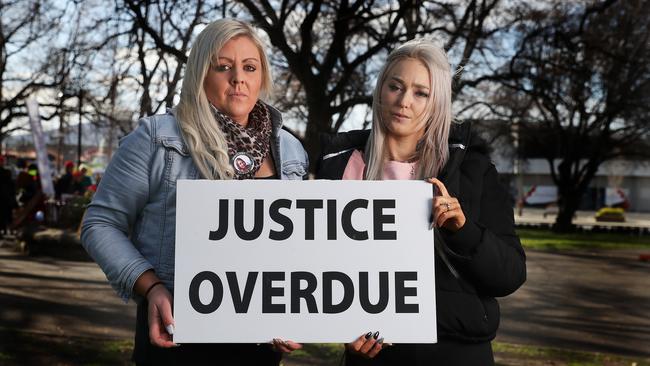

Footy fanatic arrested following Crows v Hawks game
A footy fanatic has been arrested following last night’s Hawks v Crows match at UTAS stadium after his allegedly rowdy behaviour. What police say occurred >>
WATCH: Teens attack Hobart store worker in brazen assault
An unprovoked attack on a Hobart CBD store worker has been shared online, with a business body reassuring that retail crime is not on the rise. WATCH the video.